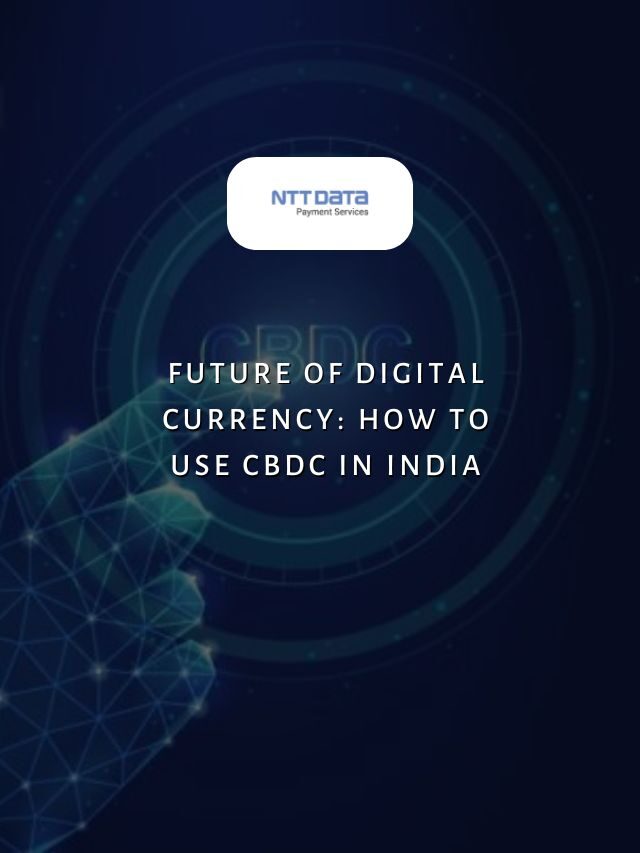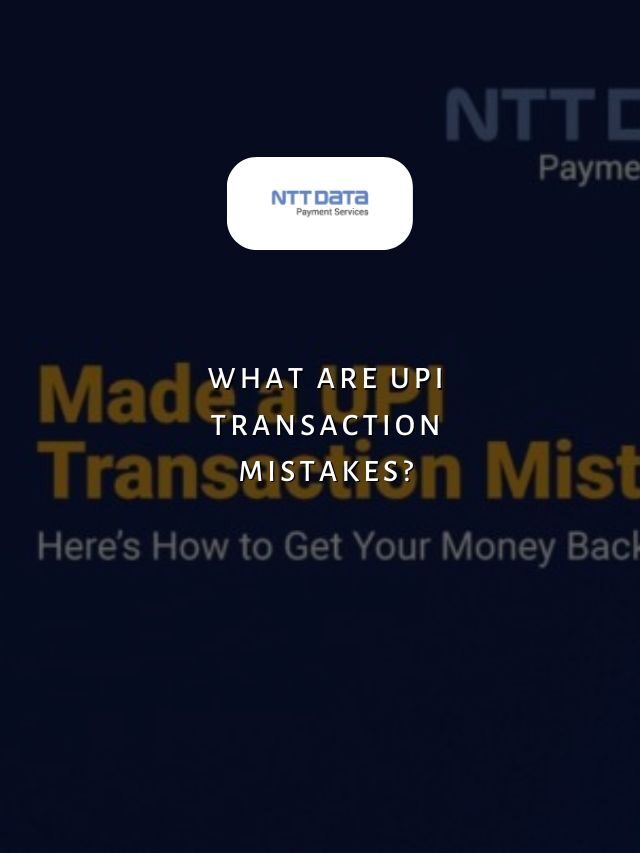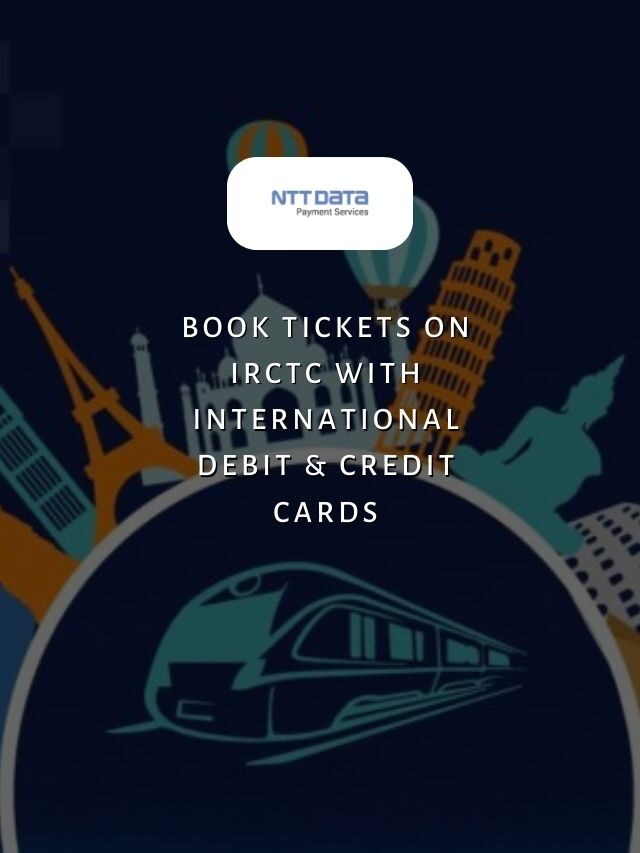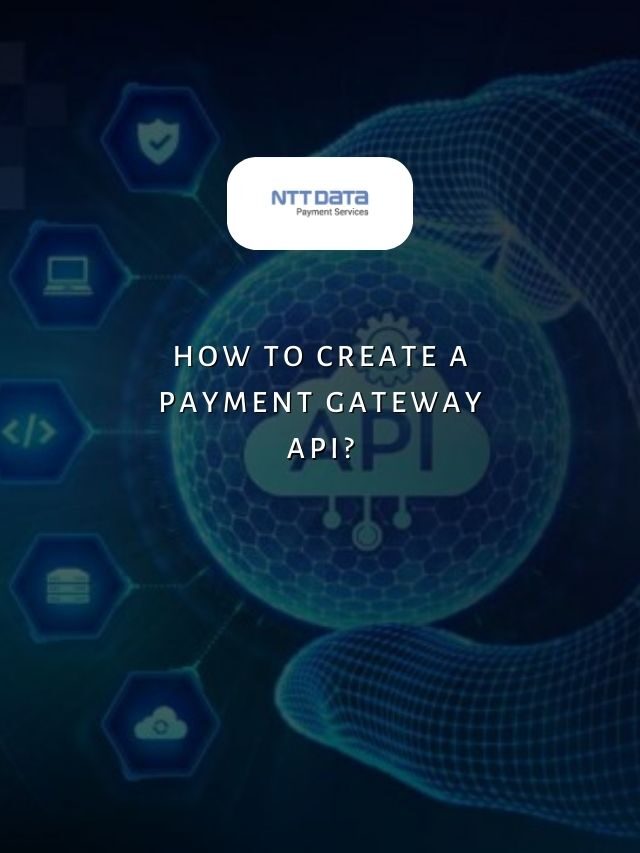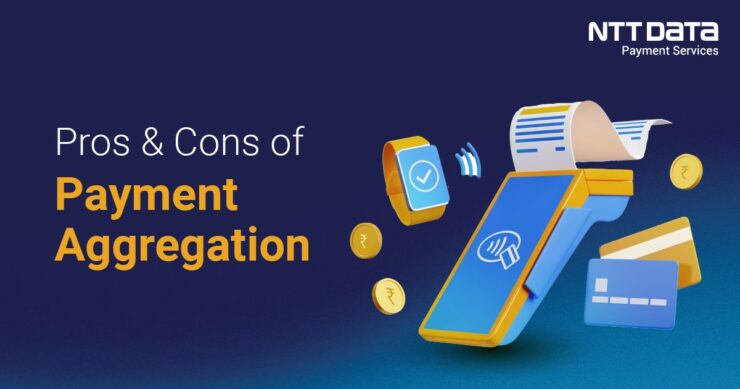
Table of Contents
Understanding the aspects that help you make informed decisions for your business optimisation. Let’s explore the Pros and Cons of Payment Aggregation, a popular solution in the financial services industry.
Understanding Payment Aggregation
Companies look for ways to start accepting payments online that would minimise payment errors and provide the greatest customer experience. If you’re just starting out online, you’ve probably heard of “payment gateway” and “payment aggregators” when searching for the best payment option.
According to Statista, By the fiscal year 2025, India’s payment gateway aggregator market is expected to have roughly 22.6 million terminals. By 2025, the whole digital payments market in the nation was expected to be worth more than seven quadrillion rupees.
A platform that facilitates accepting electronic payments from customers on behalf of companies is called a payment aggregator, payment facilitator, or payment service provider. It serves as an intermediary for the vendor and the financial organisation that handles the payment processing.
What is Payment Aggregation?
Payment aggregation consolidates multiple merchants’ payment transactions into a single account, typically facilitated by a third-party payment aggregator. This approach allows businesses to streamline payment processing, reduce costs, and enhance operational efficiency by centralising various payment types into a unified platform.
Recent Web Stories
Pros of Payment Aggregation
- Simplified Payment Processing: Payment aggregation allows businesses to consolidate various payment types into a single platform, simplifying the process of accepting and managing payments.
- Cost Savings: By aggregating payments, businesses can often benefit from reduced processing fees and lower overhead costs, particularly for small and medium-sized enterprises.
- Integration Flexibility: Payment aggregation platforms offer seamless integration with existing business systems, enabling efficient reconciliation and financial management.
- Enhanced Security: Leading payment aggregators implement robust security measures, including encryption and tokenisation, to safeguard sensitive payment data, providing peace of mind for businesses and their customers.
- Scalability: Payment aggregation can support business growth, offering the flexibility to scale payment processing capabilities in line with increasing transaction volumes and expansion into new markets.
| Did you know? According to Bluesnap, By 2026, digital wallets (54%) are predicted to be the most common payment option for eCommerce, followed by credit cards (16%) and debit cards (10%) in the global market. |
Cons of Payment Aggregation
- Risk of Funds Withholding: Sometimes, payment aggregators may withhold funds or impose rolling reserves as a precaution against potential chargebacks or fraudulent activities impacting businesses’ cash flow.
- Limited Customisation: Businesses may encounter limitations in customising payment processes or implementing unique branding, as payment aggregation often entails standardised payment interfaces.
- Potential for Account Freezing: When the payment aggregator detects unusual activity or non-compliance with their terms of service, businesses risk having their accounts frozen, leading to disruptions in payment processing.
- Transaction Volume Thresholds: Some payment aggregators impose transaction volume thresholds, beyond which businesses may face additional fees or more stringent compliance requirements.
- Regulatory Compliance Complexity: Businesses must ensure adherence to industry regulations and compliance standards when utilising payment aggregation services, requiring thorough due diligence and ongoing monitoring.
Access the Best Online Payment Gateway With NTT DATA Payment Services
NTT DATA Payment Services is a leading provider of payment processing solutions in India. As one of the largest payment gateways in the country, serving over 6 million merchants, NTT DATA Payment Services strives to make transactions simple, secure and seamless.
Through our full suite of services, including online payment gateway, POS terminals, and value-added services, we empower businesses of all sizes to accept digital payments efficiently.
With over 100 different payment methods supported across multiple channels, NTT DATA Payment Services offers businesses unparalleled flexibility and choice in payment options. Our robust and scalable payment gateway can handle everything from small online transactions to large enterprise implementations.
Grow Your Business with Payment Aggregation
Payment aggregation presents a valuable opportunity for businesses to streamline payment processing and improve operational efficiency. However, it is crucial for industry experts to carefully evaluate the pros and cons of payment aggregation before making decisions.
By weighing these factors and choosing reputable payment aggregation providers, businesses can leverage this innovative solution to enhance their financial operations and drive sustainable growth.
| Also, you can get frequent updates on nttdatapayments Instagram page. |
Pros and Cons of Payment Aggregation: (FAQs)
1. What is payment aggregation in the financial services industry?
Payment aggregation involves consolidating various payment transactions from multiple merchants into a single merchant account, often facilitated by a third-party payment aggregator.
2. How does payment aggregation benefit businesses?
Payment aggregation simplifies payment processing, reduces costs, offers integration flexibility, enhances security, and supports scalability for businesses in the financial services industry.
3. What are the potential drawbacks of payment aggregation?
Drawbacks of payment aggregation include the risk of funds withholding, limited customisation options, potential account freezing, transaction volume thresholds, and regulatory compliance complexity.
4. What should businesses consider when evaluating payment aggregation services?
Businesses should consider factors such as processing costs, security measures, customisation options, risk management policies, and regulatory compliance requirements when evaluating payment aggregation services.

